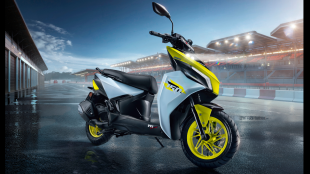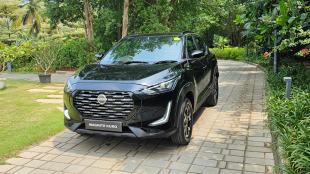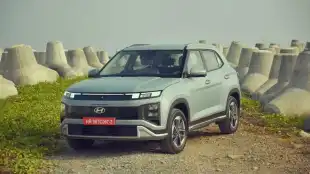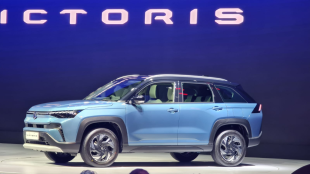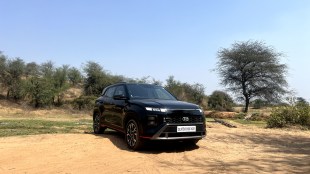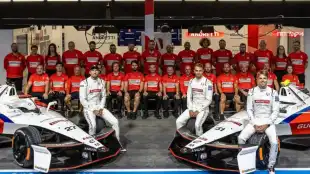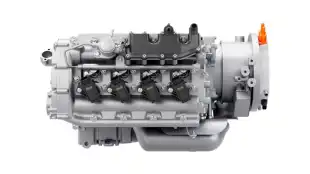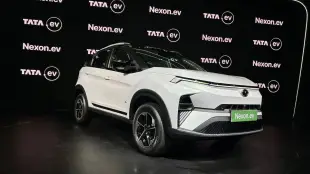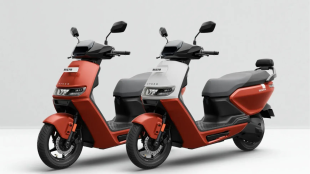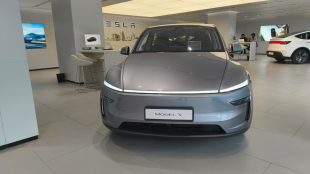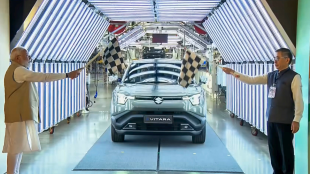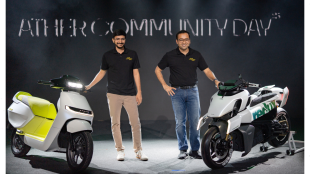
By Ashesh Dhar
The current pandemic has challenged individuals and businesses across the world and has led to the emergence of a ‘new normal’. In this scenario, electric vehicle (EV) marketers will have to take a twofold approach—one that revisits old marketing practices, and another that redraws communication strategies to fit better into these current dynamic times. Consequently, the focus for marketers, as always, will remain on having an insightful understanding of the changed market conditions and adapt to these accordingly.
Changing customer habits
A key marketing focus of an electric car manufacturer is ‘awareness’. India is a relatively new all-electric car market, and for marketers it is important to focus on dispelling myths that surround EV adoption. This is in addition to other shared focus points that automakers adopt in their strategy. Covid-19 has brought about not just a change in lifestyle, but also a change in consumption and buying habits, and thus it makes it all the more important to tune one’s marketing strategy based on these changing needs. For instance, there has been a rise in eco-conscious living. More and more people will consider new-energy vehicles, as there is a lot of talk about pollution getting visibly reduced during the lockdown. Another change will be in buying habits. According to a recent survey, 54% respondents from India said they will buy a car online, if available. Thus, as a marketer, the focus will now be on using an integrated approach that employs both ongoing messaging as well as new ideas of sustainability and online buying.
Leveraging digital platforms
As consumers spend more time at home, the spotlight will be on accelerating conversations on the digital space. Also, there will be a significant reduction in face-to-face marketing. In such cases, the digital platform provides the best remedy to reach your consumers in a targeted fashion and influence them where they are most active. Brands need to communicate in a way that showcases emotional intelligence and empathy. Creative campaigns need to build saliency and bring meaningfulness into the prospective customer’s life. Digital marketing is not just a platform to sell your brand, but also share the values that the organisation holds in times of crisis. Engagement and advocacy are crucial. For instance, Tata Motors ran a campaign, advising their newest customers on Nexon EV Care Tips and the precautions they should take while keeping their EVs in good condition during the lockdown. A digital platform also benefits from the fact that it gives marketers a chance to experiment with mediums not previously capitalised on, like vlogs and live-streams. Moreover, a targeted strategy allows marketers to quantify their ROI and help develop and adjust messaging tactics better.
Redefining customer experience
In time likes these, a brand’s focus must be on instilling confidence in their customers through the right information, awareness and proper engagement; customer experience will need an overhaul. For instance, the crisis has made people more cognisant of hygiene and cleanliness. So, marketers have to tap into information sources to assure customers that cars used for test drives have been sanitised. It is important to be honest with your customers about what has changed and surprise them with caring gestures. There is going to be a psychological impact of this lockdown and it is important to focus on marketing efforts that help relieve stress.
Ultimately, Covid-19 will bring in an undeniable change in the marketing landscape. The focus will be to put people first as interaction and collaboration take on a new meaning. Brands will have to tell their stories in different ways and adapt to changing circumstances.
The author is Head, Sales, Marketing & Customer Care, Electric Mobility Business Unit, Tata Motors




